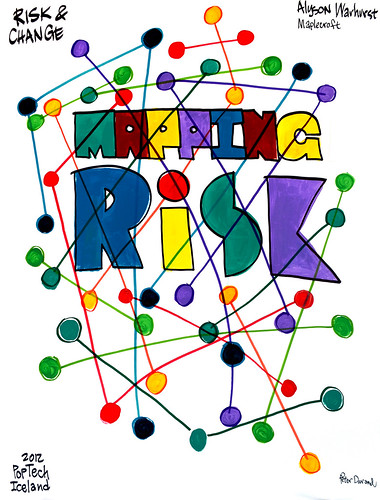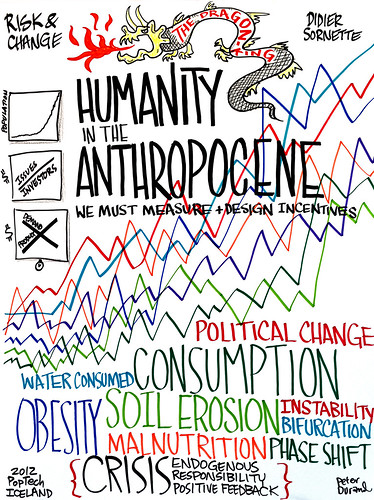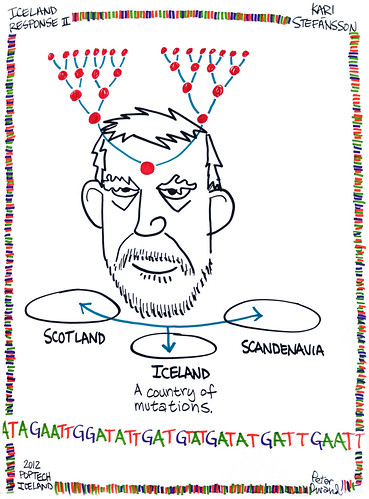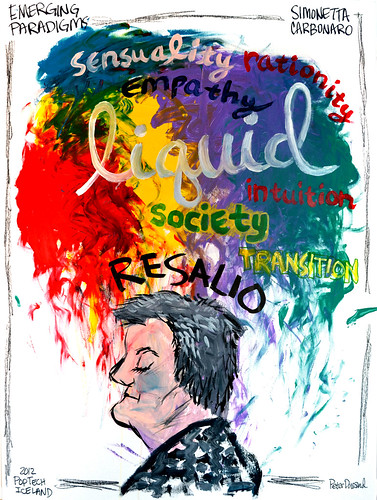Yossi Sheffi: The resilient enterprise
/Yossi Sheffi explores the various flavors of redundancy, simplicity, flexibility and communications strategies businesses employ to make themselves resilient. “These are the most dangerous things; the things that have severe consequence and low probability...These are the events one worries about when one has to run a large organization.”

























